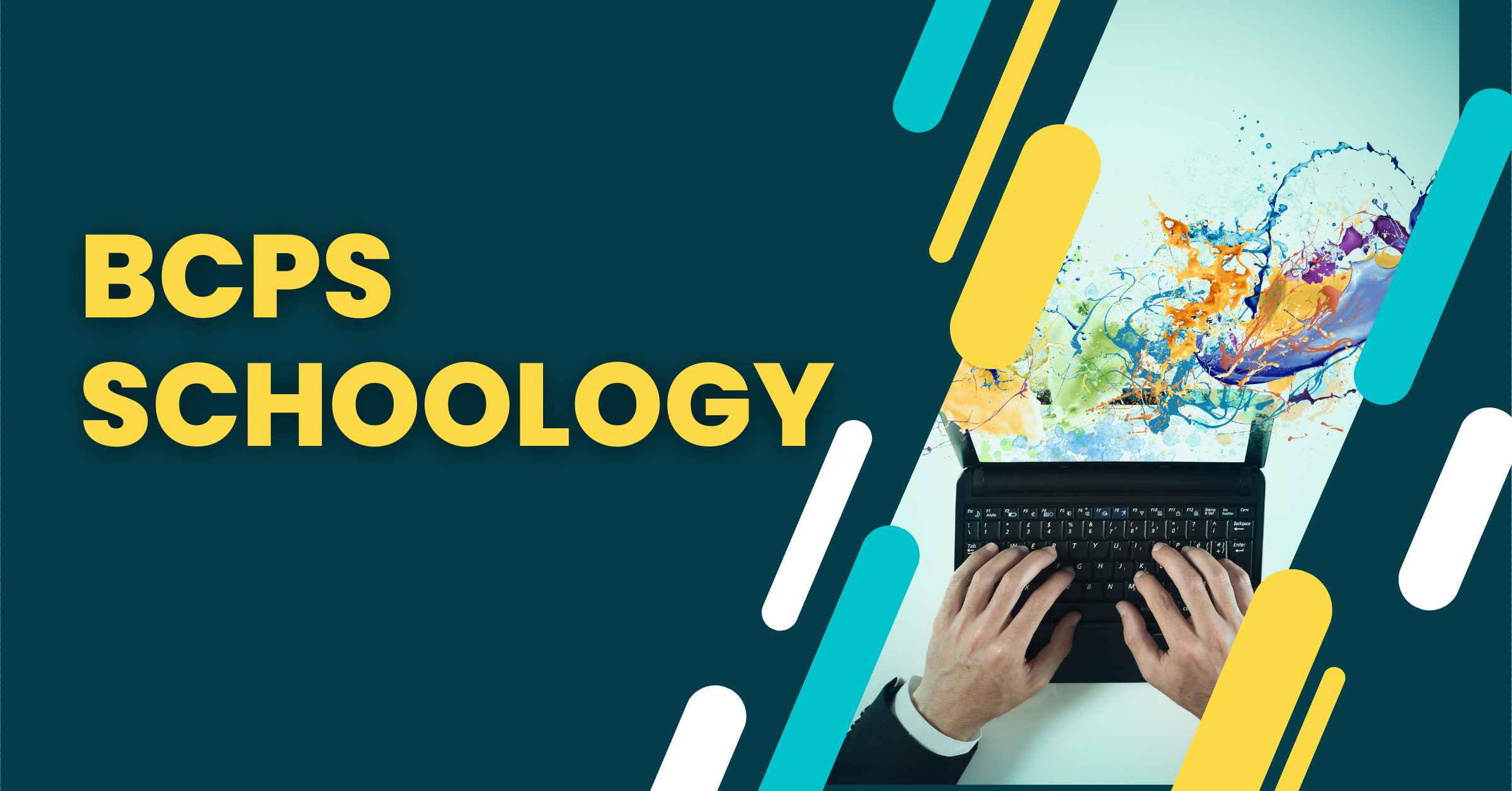Introduction
Sustainable urban planning is a holistic approach to city development that aims to create environmentally-friendly, socially equitable, and economically viable communities. In an era of rapid urbanization and climate change, the need for sustainable urban planning has never been more pressing. By integrating innovative solutions and embracing new technologies, cities can build resilient, livable environments for current and future generations.
Green Infrastructure and Urban Design
One of the key innovations in sustainable urban planning is the integration of green infrastructure and eco-friendly urban design principles. Green spaces, parks, and rooftop gardens not only enhance the aesthetic appeal of cities but also provide numerous environmental benefits, such as improved air quality, reduced urban heat island effects, and enhanced biodiversity. By prioritizing green infrastructure, cities can create healthier, more sustainable environments for residents to live, work, and play.
Smart Mobility Solutions
Advancements in transportation technology are revolutionizing how people move around cities. Smart mobility solutions, such as electric vehicles (EVs), bike-sharing programs, and enhanced public transit systems, offer cleaner, more efficient alternatives to traditional car-centric transportation models. By investing in sustainable mobility options, cities can reduce traffic congestion, lower greenhouse gas emissions, and improve overall quality of life for residents.
Renewable Energy Integration
The integration of renewable energy sources, such as solar and wind power, is another key innovation in sustainable urban planning. By harnessing clean, renewable energy, cities can reduce their reliance on fossil fuels, mitigate climate change impacts, and enhance energy security. From solar panels on rooftops to wind turbines in urban landscapes, renewable energy technologies offer scalable solutions for powering cities sustainably.
Waste Management and Circular Economy
The transition to a circular economy is transforming how cities manage waste and resources. By prioritizing waste reduction, recycling, and resource recovery, cities can minimize landfill waste, conserve natural resources, and reduce environmental pollution. Innovations in waste management technologies, such as advanced recycling systems and organic waste composting, are enabling cities to move towards zero waste goals and create more sustainable, circular economies.
Climate Resilience and Adaptation
With the increasing threat of climate change, cities must prioritize climate resilience and adaptation strategies in their urban planning efforts. From green infrastructure projects to flood mitigation measures, cities are investing in resilient infrastructure that can withstand extreme weather events and rising sea levels. By integrating climate considerations into urban planning decisions, cities can build more resilient communities that are better prepared to face the challenges of a changing climate.
Community Engagement and Participation
Effective sustainable urban planning requires meaningful engagement and participation from residents, businesses, and community organizations. By involving stakeholders in the planning process, cities can ensure that development projects reflect the needs and priorities of the people they serve. Community engagement fosters a sense of ownership and pride in local neighborhoods, empowering residents to take an active role in shaping the future of their cities.
Technological Innovations in Urban Planning
Advances in digital technology, data analytics, and artificial intelligence (AI) are revolutionizing how cities are planned, managed, and operated. From smart sensors that monitor air quality to predictive analytics that optimize traffic flow, technology is enabling cities to become more efficient, responsive, and sustainable. By harnessing the power of data and technology, cities can make evidence-based decisions that improve service delivery, enhance public safety, and promote environmental sustainability.
Affordable Housing and Inclusive Development
Ensuring access to affordable housing is essential for creating inclusive, equitable cities. In many urban areas, rising housing costs and gentrification are displacing low-income residents and exacerbating social inequalities. Sustainable urban planning seeks to address these challenges by promoting mixed-income housing developments, supporting community land trusts, and implementing inclusionary zoning policies. By prioritizing affordable housing and inclusive development, cities can create more vibrant, diverse communities where everyone has access to safe, decent, and affordable housing.
Policy Frameworks and Regulatory Support
Government policies and regulations play a crucial role in shaping the direction of sustainable urban planning initiatives. From zoning codes and building standards to transportation policies and environmental regulations, policymakers have the power to incentivize sustainable development practices and discourage environmentally harmful activities. By adopting progressive policies that support sustainability goals, cities can create an enabling environment for innovation, investment, and growth.
Public-Private Partnerships
Public-private partnerships (PPPs) are increasingly being used to finance and implement sustainable urban development projects. By leveraging the resources and expertise of both public and private sector entities, cities can accelerate the pace of innovation and scale up successful initiatives. PPPs can facilitate the development of green infrastructure, affordable housing, public transportation systems, and other critical urban infrastructure projects that benefit the community as a whole.
Measuring Progress: Metrics and Indicators
Measuring progress towards sustainability goals is essential for tracking performance, identifying areas for improvement, and informing decision-making. Key metrics and indicators, such as greenhouse gas emissions, air quality levels, and access to green space, can help cities evaluate the effectiveness of their sustainability initiatives and benchmark their performance against peer cities. By using data-driven approaches to monitor progress, cities can ensure accountability, transparency, and continuous improvement in their sustainable urban planning efforts.
Challenges and Barriers
Despite the many benefits of sustainable urban planning, cities face several challenges and barriers in implementing these initiatives. Funding constraints, regulatory complexities, political resistance, and competing interests often pose significant obstacles to progress. Additionally, entrenched urban planning practices, institutional inertia, and resistance to change can hinder efforts to adopt more sustainable and equitable development strategies. Overcoming these challenges will require strong leadership, collaboration, and innovative solutions that address the root causes of urban sustainability problems.
Opportunities for Innovation and Collaboration
Despite the challenges, there are numerous opportunities for innovation and collaboration in sustainable urban planning. Advances in technology, changes in consumer behavior, and shifting market dynamics are creating new opportunities for cities to rethink how they plan, design, and manage urban spaces. By embracing innovation, fostering collaboration, and adopting a proactive approach to sustainability, cities can unlock new pathways to prosperity, resilience, and well-being for all residents.
Conclusion
In conclusion, innovations in sustainable urban planning are reshaping the way cities are designed, developed, and managed. From green infrastructure and smart mobility solutions to renewable energy integration and circular economy practices, cities around the world are embracing innovative approaches to create more sustainable, resilient, and inclusive urban environments. By harnessing the power of technology, data, and community engagement, cities can build a brighter, more sustainable future for generations to come.



